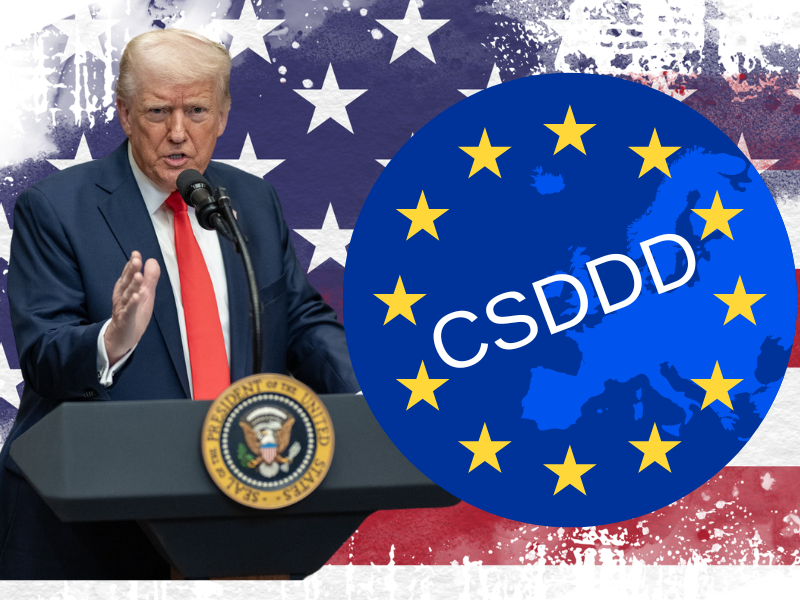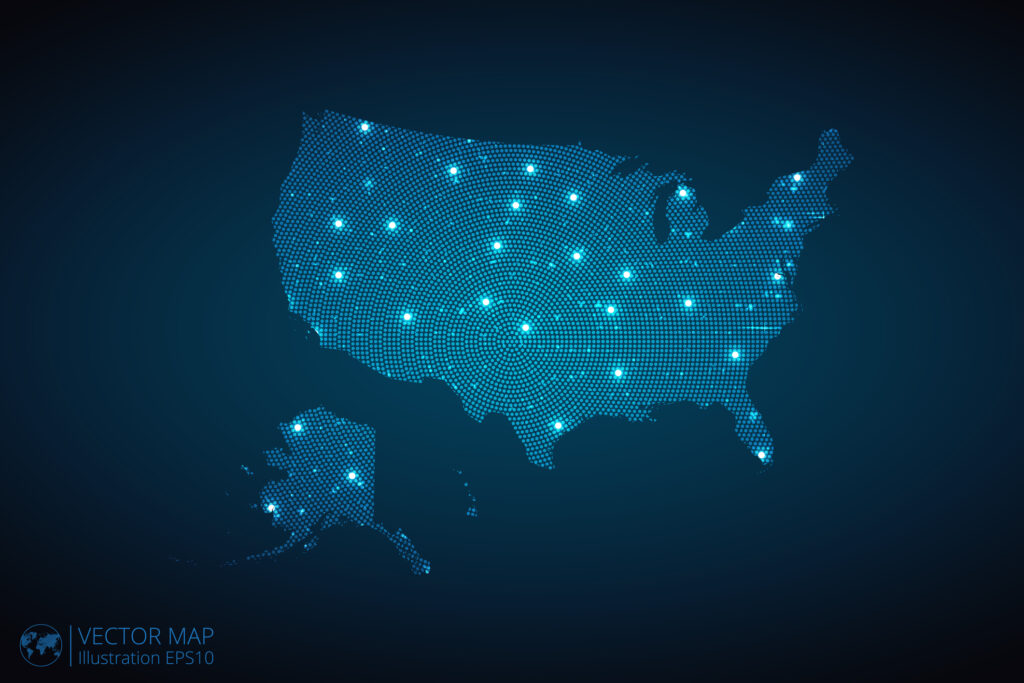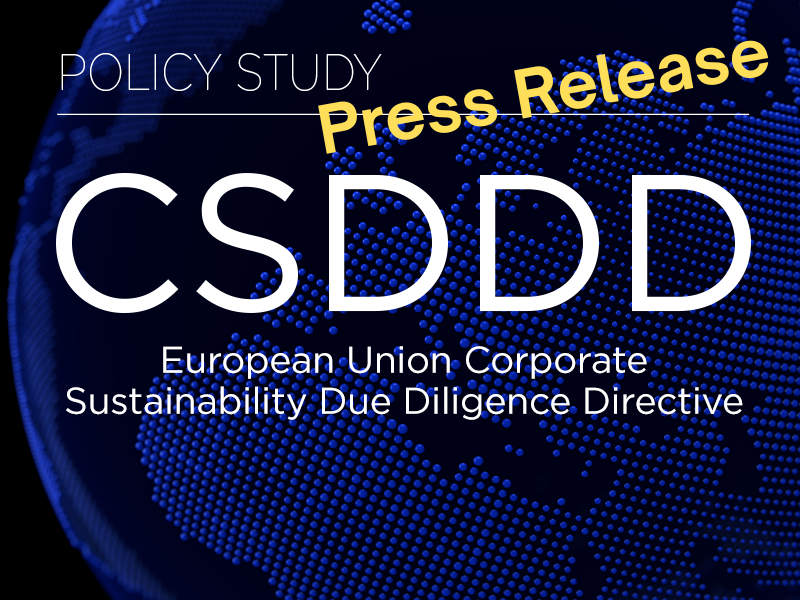The Cook County, Illinois tax on cigarettes has doubled to $2 a pack, giving the city of Chicago the highest cigarette tax in the nation. County, city, state, and federal taxes on cigarettes now total $4.05 a pack in Chicago.
The Cook County Board voted 10-7 on February 9 to double the county’s cigarette tax, effective March 1. The county projects the cigarette tax hike will generate $72 million annually in additional revenues for the county, but some politicians and local businesses warn of adverse economic consequences.
Strong Opposition Arose
The county board’s five Republicans were joined by Democrats Forrest Claypool and Mike Quigley in voting against the proposal. The 10 yes votes were all cast by Democrats.
Claypool, who is challenging current Board President John Stroger (D) in the March 21 primary, said, “A tax [hike] like this, $1 a pack, is so radical and so sudden that it literally destroys store owners’ life savings and throws out of work the people they employ.”
“Businesses are dying the death of a thousand taxes,” said Republican County Commissioner Tony Peraica. He called the cigarette tax hike “a tax that’s going to kill businesses in this county.”
Quigley called the measure fiscally irresponsible.
“This is a budget that doesn’t lay a solid foundation for the county’s fiscal future,” Quigley said. “It does two things: It readjusts revenue estimates, and it relies on a single product [tobacco],” he said. “I guess this forever will be known as the smoke-and-mirrors budget.”
Stroger defended the budget and the tax hike. In a statement to commissioners while presenting his budget, Stroger said, “In order to continue to fulfill our mission, I am proposing a $1 increase on the cigarette tax to raise the $75 million necessary to fill the gap for 2006.”
Business Groups Slam Increase
Bill Fleischli, executive vice president of the Illinois Association of Convenience Stores, said businesses in Cook County have a lot to lose with the tax increase.
“Cigarettes are a legal product. It’s probably our number 1 seller, if you don’t have gas at your facility,” Fleischli said. “And the consumer is awfully powerful. He’s awfully intelligent. He will move for price. And every time you raise a tax like this, they will move, and it’s business you can never get back. I think you will see small convenience stores hurt so bad they will not survive this.”
“The tax increase in Cook County will result in even more sales being made outside of the county,” said David F. Vite, president of the Illinois Retail Merchants Association. “People don’t travel outside the county or state just to buy tobacco. Once there, they buy gas, groceries, beverages, and other goods. The loss of sales tax revenue is not just in loss of tobacco sales.”
Vite continued, “Cook County has created a shopping cart full of reasons to shop elsewhere. Additionally, it will fuel the growing illegal market. The result will be a deficit cycle for the county in these revenue line-items.”
Indiana Business May Boom
The vote to raise Cook County’s cigarette tax is just fine with Anjum Zia, owner of Cigarette Express in nearby Hammond, Indiana.
“I would say it could increase my sales by as much as 25 percent,” Zia said in a Tobacco.com news article posted on February 27.
Cigarette sellers in neighboring counties within Illinois also may benefit. In a February 10 article, Chicago Sun-Times reporter Abdon Pallasch pointed out that a pack of Marlboro Lights that would go from $6.59 to $7.59 at a Chicago Walgreens sells for $4.45 at a White Hen Pantry in nearby Elmhurst, across the county line in DuPage County.
Fiscal Discipline Wanted
“The Civic Federation opposed the FY2006 budget of $3.07 billion because it is a short-term fix, not a long-term solution to the ongoing fiscal problems of Cook County,” said Laurence Msall, president of the Civic Federation. “A $1 per pack cigarette tax hike may well plug this year’s deficit. But we are fairly certain that unless there is dramatic change, next year’s budget will require yet another tax increase or perhaps another new tax.”
Msall continued, “We do not oppose reasonable revenue enhancements. However, they should never be the first consideration and they always must be coupled with a solid plan to impose fiscal discipline in the long term. Citizens who are asked to pay for county services expect no less. Unfortunately, we are not convinced Cook County has done all it can to manage its operations more efficiently.”
John W. Skorburg ([email protected]) is a visiting lecturer in economics at the University of Illinois at Chicago and associate editor of Budget & Tax News.



